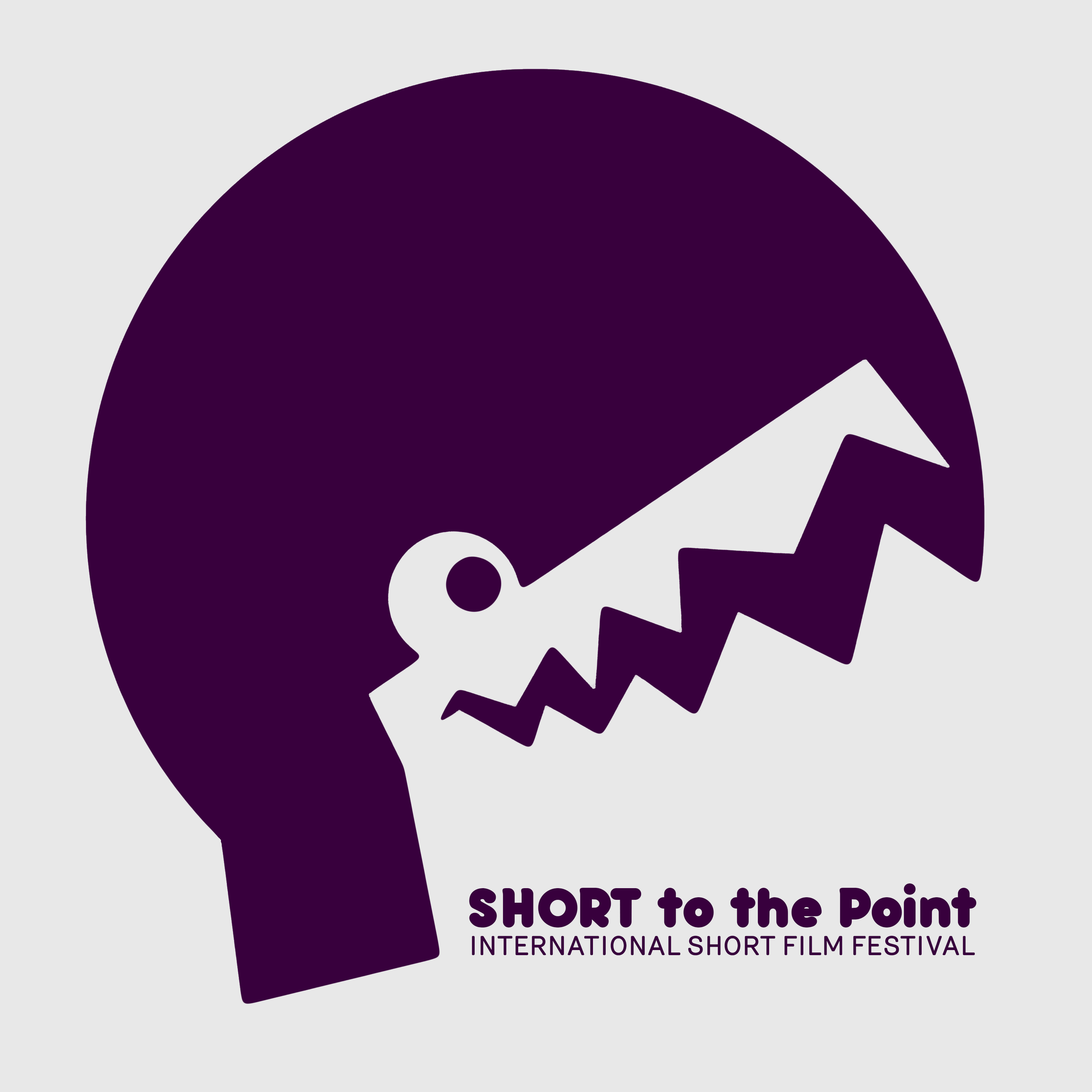Manager, writer, producer, director, Chris Roe entered the entertainment business in 1996, after starting his own talent management agency, Chris Roe Management. Since then, his company has become well respected in the entertainment industry, managing such clients as directors George A. Romero (until his passing) and Clive Barker, and actors like Bruce Davison, Meg Foster, Monte Markham, Mariette Hartley, Courtney Gains and the legendary Malcolm McDowell, to name a few.
In 2007, he wrote, produced and directed the
award winning documentary feature, “One
for the Fire,” released in May of 2008 by The Weinstein Company. He also produced and co-directed a pilot for
television called, “Soul of the City,”
and has acted as producer or executive producer
on such films as “Suing the Devil,” “The Employer,” and most
recently, “Bereave,” starring Malcolm McDowell,
Jane Seymour and Keith Carradine.
Roe continues to manage and produce. In 2018 he launched his production company, Tea Time Productions, Inc. Cemetery Tales: A Tale of Two Sisters, has been the company’s first production. A Tale of Two Sisters has already won almost a dozen awards, and has had another half dozen nominations at festivals all around the world. He currently has multiple projects in development, as well as several properties optioned. All projects are designed on a multi-platform structure.
Roe is a proud member of the Television Academy of Arts and Sciences, The Producers Guild of America, and a board member of the George A. Romero Foundation (better known as GARF). He resides with his family in Los Angeles, CA.
- Was there a particular event or time that you recognized that filmmaking is your way of telling stories?
I was hooked into cinema when I was just a young kid. Music and movies were my escape into another world. I understood very young that great things could be explained and taught through movies. I think next to music, movies are really the next universal language form. You don’t have to hear what’s happening on the screen to know what’s happening, Look at all the great silent films. Many great silent films reflected what was happening to us socially and politically. To what those movies today still gives me goosebumps because some are so perfectly done.
- Do you think it is essential to go to a film institute in order to become a successful filmmaker?
I think college is great! It’s something that works for some. Others find that learning is best shadowing and watching someone. Just getting in there and doing it. Making mistakes and learning from them. Many great filmmakers learned the art of making movies that way. They learned along the way. Some people just have the ability to visualize an entire story from beginning to end with every bit of detail, and they know what they want, and they do it. It’s like those who can just naturally write, sing or dance.
- Is it harder to get started or to keep going? What was the particular thing that you had to conquer to do either?
I think the hardest part of this filmmaking process was just getting started. Once I made my mind up I was doing it, nothing got in the way. I was George A. Romero’s manager for almost 16 years until his passing in July of 2017. I was blessed to know him and see how a real master works. I remember George always saying that once you started something to always finish it, NO MATTER WHAT! I had come up with the idea for Cemetery Tales back in 2010. George and I talked about it a bit. He liked the concept of it, but was dabbling with a similar project at the time, so he couldn’t really get involved. I just put it aside and kinda forgot about it. It was shortly after George passed that I found it. His words kept repeating in my head over and over. So, in late January of 2018 I dusted all my stories and notes off and began planning. I started shooting five months later.
- What was the most important lesson you had to learn that has had a positive effect on your film?
How did that lesson happen? When you’re trying to make something you have to learn to listen to the people on your team. I’m a take charge type of person, so honestly, that’s hard. But I had a mostly fabulous team around me. And I really had to listen to all my department heads, and listen well. But we all worked very well together. They knew I had a vision and look I was going for, and they made sure it was there. BUT, I too had to listen to their approach to things. Sometimes we disagreed on things. At times they were completely correct. I can confidently say that I will always work with my DP, costume designer, editor and composer. They are part of my team and like family.
- What were the production realities from casting through editing that you had to accommodate? How did you navigate those compromises or surprises and still end up with a cohesive film?
The casting process was the easiest. Every person in the cast was a client of mine. It was wonderful not having a casting director or producer tell me that my choices were not good. Or they had better choices. I knew these actors and what they were capable of doing. Each part was written with the chosen actor in mind. The hardest was finding the right locations to film in. Since it’s a period film and in black and white, our filming locations had to reflect the time period we were aiming for. So, in this film it’s Hollywood, 1949. The main home was once owned by director, James Whale. It’s this lovely Tuscan/Spanish style mansion in the Hollywood Hills. The moment I saw it, and learned of the history, I had to have it. It was that simple. It was perfect!!! But there was a price to pay for that perfection too!!! The owner of the property was dreadful. When there was talk of re-shoots, I remember saying to my team that there was no way I would ever give that man another cent, and we figured other things out. He just made the experience there miserable. Always there, or his dog was there. Always dinging you for some charge. He touted how often film shoots happened there, but he really had no idea how making a movie worked. The shoots he did have there were mostly still photo shoots, not a real film crew moving in. SO all that made it complicated. All that being said, I don’t regret it. I got exactly what I needed. I just would never recommend anyone every go there to shoot! As for my editor, I promised him I wouldn’t interfere with his rough cut, and I didn’t. We worked perfectly together, and had many of the same ideas. And when it came to my composer, he too got where I was going in every way. The final outcome was brilliant!
- What was the hardest artistic choice you made in the making of a film, at any stage in production ?
I think the hardest choice I had to make while filming A Tale of Two Sisters probably would be cutting a few scenes. I felt we needed them. We had gotten special lens to shoot with. But because the owner of the property was being so horrible, we had to scrap them. My DP and I had already chosen those scenes to be cut if we ran behind, or ran into issues. But I had a vision that I wanted in there, and in the end, didn’t get a few scenes I really wanted. That was hard because I felt like the shoot was not complete for a long while.
- You are a collaborator. How have you discovered members of your team and how do you keep the relationship with them strong?
As I said earlier, I could not be prouder of my team. My DP, Alex Wysocki was just fantastic! He and I spent hours doing our shot list and going to all the locations. We knew every inch of those locations. The first day we met to talk about something completely unrelated to A Tale of Two Sisters, after we spoke he pulled out my script and had story boarded it and made notes. That was it, he was hired and he didn’t even know at that time. My costume designer, Kris Deskins just got it. She loved that time period and what she couldn’t find, she made, and made it brilliantly! My editor, Michael Bruining was a Emmy winning editor and producer. He knew what he was doing. He was on set every day throwing in ideas, and cutting it in his mind. He and I saw the same vision, And my composer, Jonathan Hartman was just brilliant. He read the script, and knew exactly what he wanted to do. He went into the studio and wrote it in a matter of days. He pulled in the instruments like the cello, violin and harp, with the right musicians and it was magic. Both Kris Deskins and Jonathan Hartman have won multiple awards for their wonderful work in my film. Very proud of them!
- What do audiences want? And is it the filmmaker’s role to worry about that?
? Audiences want to be entertained. Be it with something short or long, they want to get lost into the story and characters. It’s my job to make sure they go to that place. If I’m making a period piece film, I better make sure the sets, costumes, props, locations and music are correct, and that I have fantastic actors. I don’t believe in hiring your buddy because he’s your buddy. Hire the right people and you will rest better knowing you did that. I had to make the viewers believe they were watching a film shot in 1949. The locations were essential. We had over 200 props, period costumes, automobile and music that fit that time. We had first class actors, all with years of experience. All that makes for the experience you have when watching a movie. Audiences have walked away saying they felt like they were watching a great old noir film, or an episode of The Twilight Zone. Those are great compliments, so I guess I did something right!
- What role have film festivals played in your life so far? Why are they necessary? How do you get the most out of them?
The film festivals have played a very important role in this journey. So far we have been selected as an Official Selection in over 40 festivals. We have won about 15 awards so far, ranging from Best Director, Best Thriller, to Best Costume and Best Music. The festivals let me know that I did do things right. I also got some constructive criticism that helps me move forward to the next project. All of the festivals, awards and nominations also have helped me put together a very good investor packet to continue my vision doing more Cemetery Tales. And I’m very pleased that I have met some wonderful filmmakers along the way as well. People I have every intention of collaborating with at some point. There’s a small circle of people that I talk to often and get together with. I wouldn’t have met these talented people if not for the festivals.
- Do you believe that a filmmaker should be original and fresh or he/she should stick to classic but safe cinema style?
I think filmmaking should be whatever style the director wants it to be. It’s like telling a painter he/she can only paint one way. As long was the project is appealing, keeps audiences in their seats and involved in the story, let the director make what he/she wants to. Forcing the creative process is never a good idea.
- What qualities or attributes do you look for in people you are looking to employ or work with?
I can really say my best quality is loyalty. I look for the same thing in the people I work with. People who are in it for the long haul. People who know their craft, and people who are willing to put in the time to make something great! If you can finish a project or two with the same people, you probably have some good friends there. I don’t like to be used, and had some of that on this set. I learned a lot from that experience. People are often out for their own person gain or agenda, and they don’t care who they use or step on along the way. I feel I chose perfectly for most of my team, and wouldn’t change a thing. We all respect one another and cheer for each other. Can’t ask for anything better! And for those who had a different agenda, well KARMA can be brutal.
- Would you recommend writers think like a producer when writing their script?
Or, just write with reckless abandon and then worry about the cost, or whatever, after they’ve grabbed a producer’s attention. More and more writers are thinking like producers. You have to think about costs and your production size and budget. But more and more writers and also becoming producers and directors too!! So, like with myself, I walked into all this with a very clear and thought out vision of what I wanted. My team helped me achieve that with their guidance and expertise.
- How involved in the writing of a project do you get? Are you more involved in the initial development?
It really depends on what you’re making. If it’s my own idea then of course, I’m right there in the thick of it to the end. If I’m optioning a project, then I really do spend time reading and taking notes if I think the project needs it. In today’s business, more and more people are writers, producers and directors, I think any good producer has a style that he/she incorporates into their projects, and can be seen without being intrusive, and doesn’t overshadow the director, or take away from the writers vision. And the same thing goes the other way. And if the producer and director and writer are the same person, even better!
- If you had an unlimited budget at your disposal, what would be your dream production project?
I think if I had the money, I would tackle two projects. One that was a George A. Romero penned script, and one that Malcolm McDowell owns. I’m familiar with them both, and would love to see them made.
- What does the future of film look like?
I think sometimes the future of film looks bleak. Yes, you have amazing special effects and technology. But with all that, filmmakers sometimes forget that the actors are on the screen too, and need to continue to be respected. I often hear filmmakers say they are putting everything on the screen, and that’s why they don’t have money to pay the actors properly. That bothers me greatly. Look back at the history of cinema. Long before special effects and even sound, it was the actors with their emotion and talents that pulled you into the story. I’m not interested in watching great effects. What I am interested in is watching great performances by actors who bring a great story to life through the art of acting. Everything else is just back up and support. And if I want to play a video game, well, I can go do that too. Too many films look like video games and that’s a shame. Don’t get me wrong, I love technology and I think it has its place and serves it purpose. But sometimes just a good performance is all you need to be entertained………which is why theater is so brilliant!!















